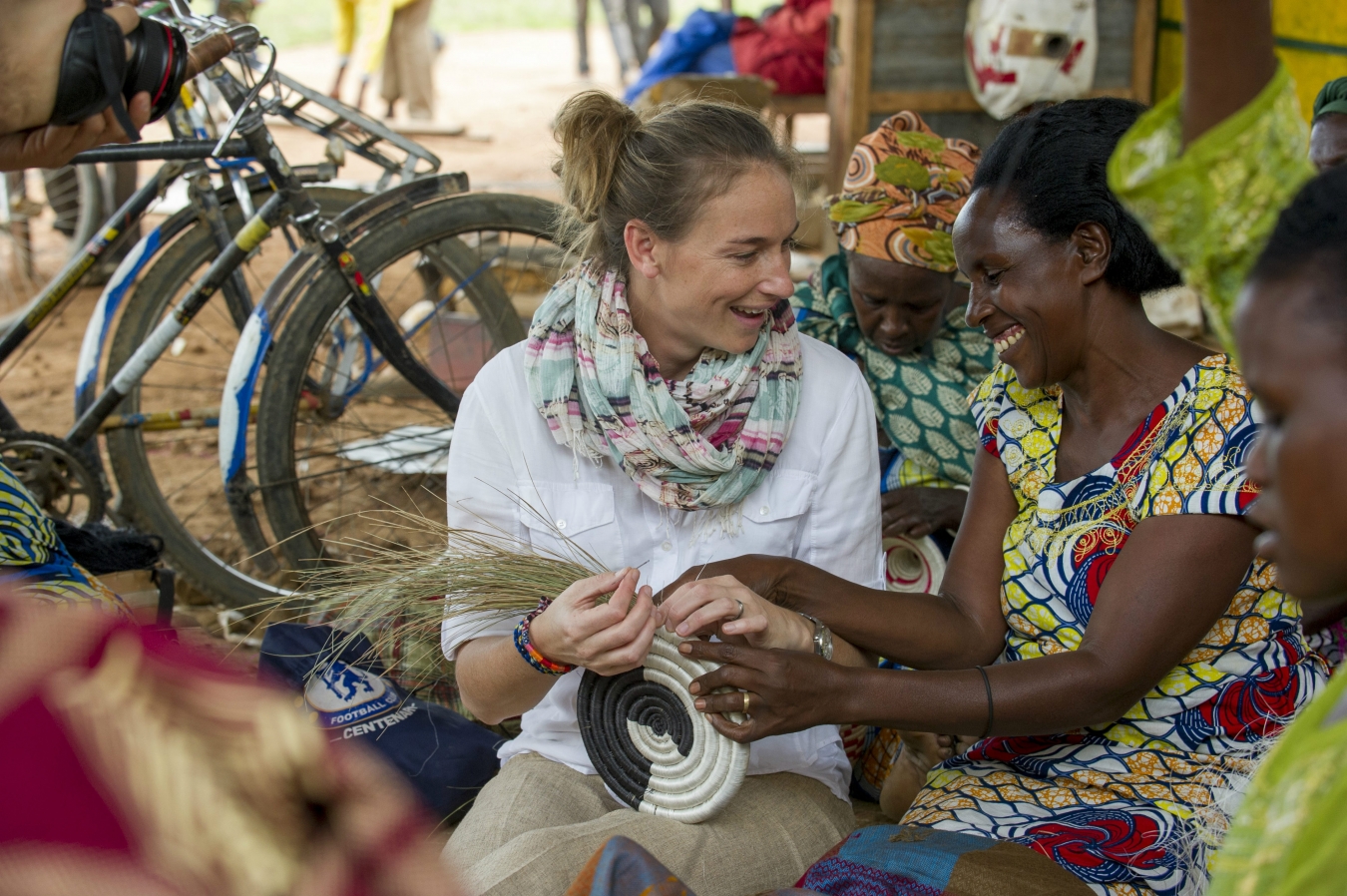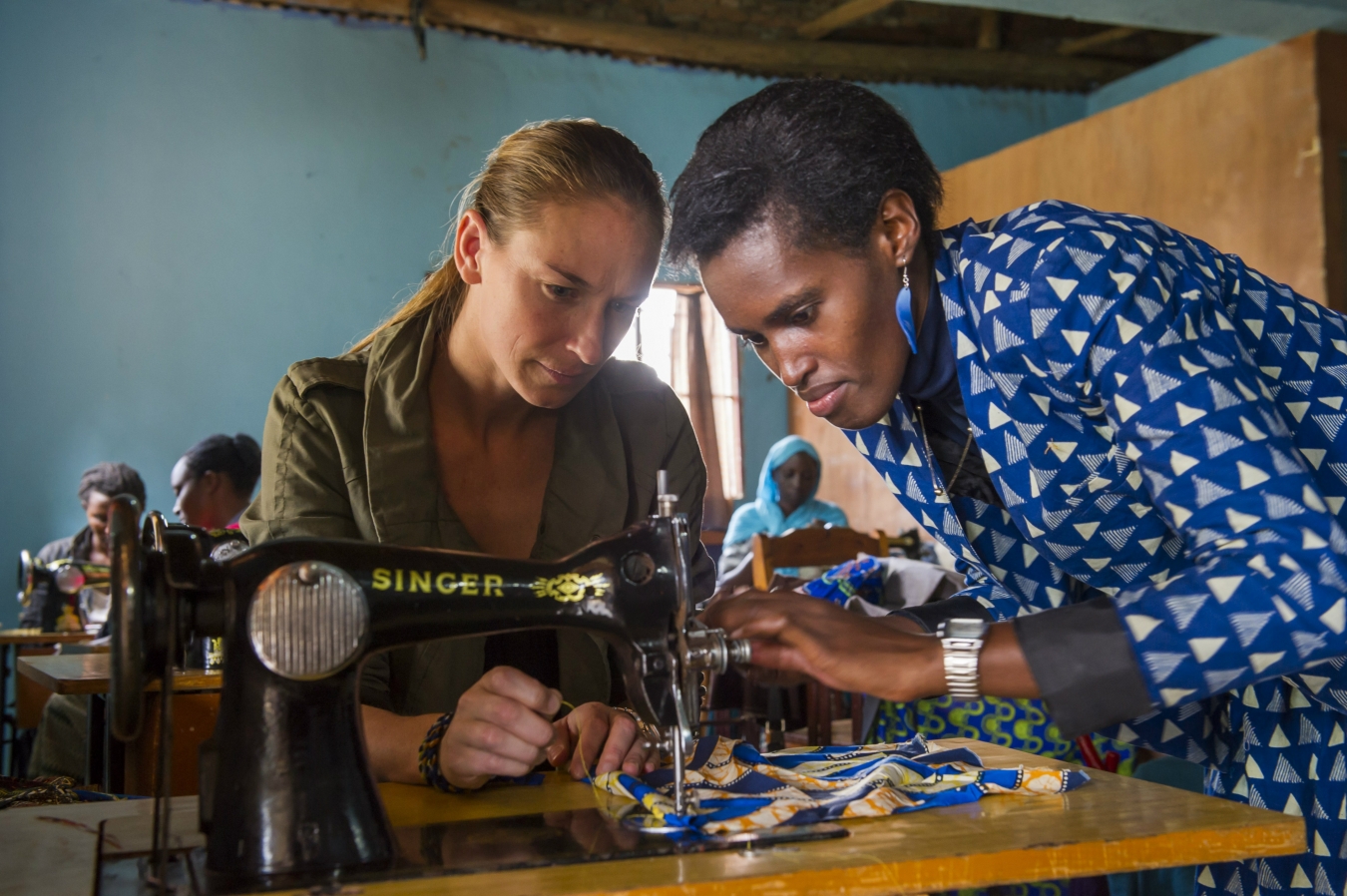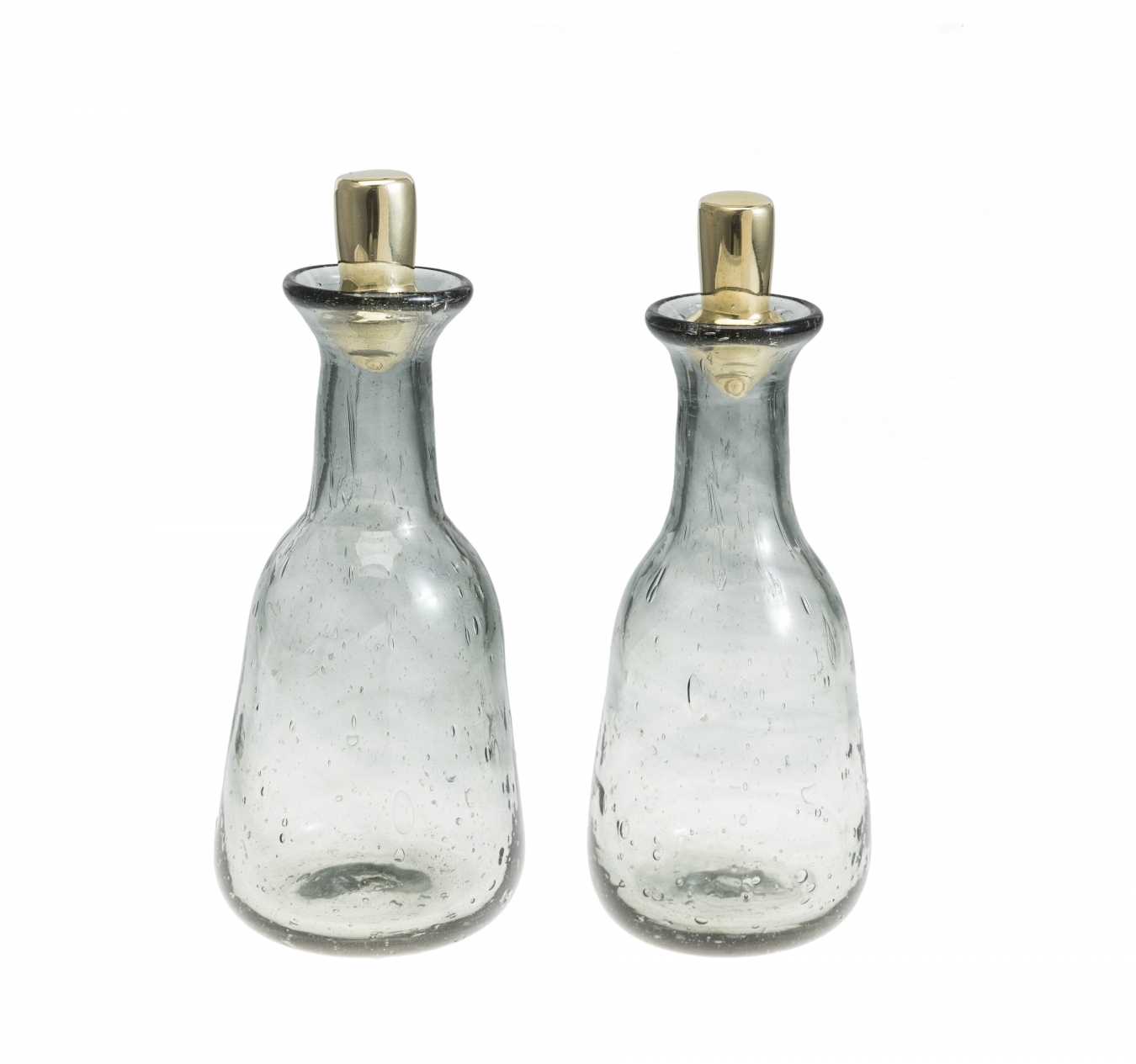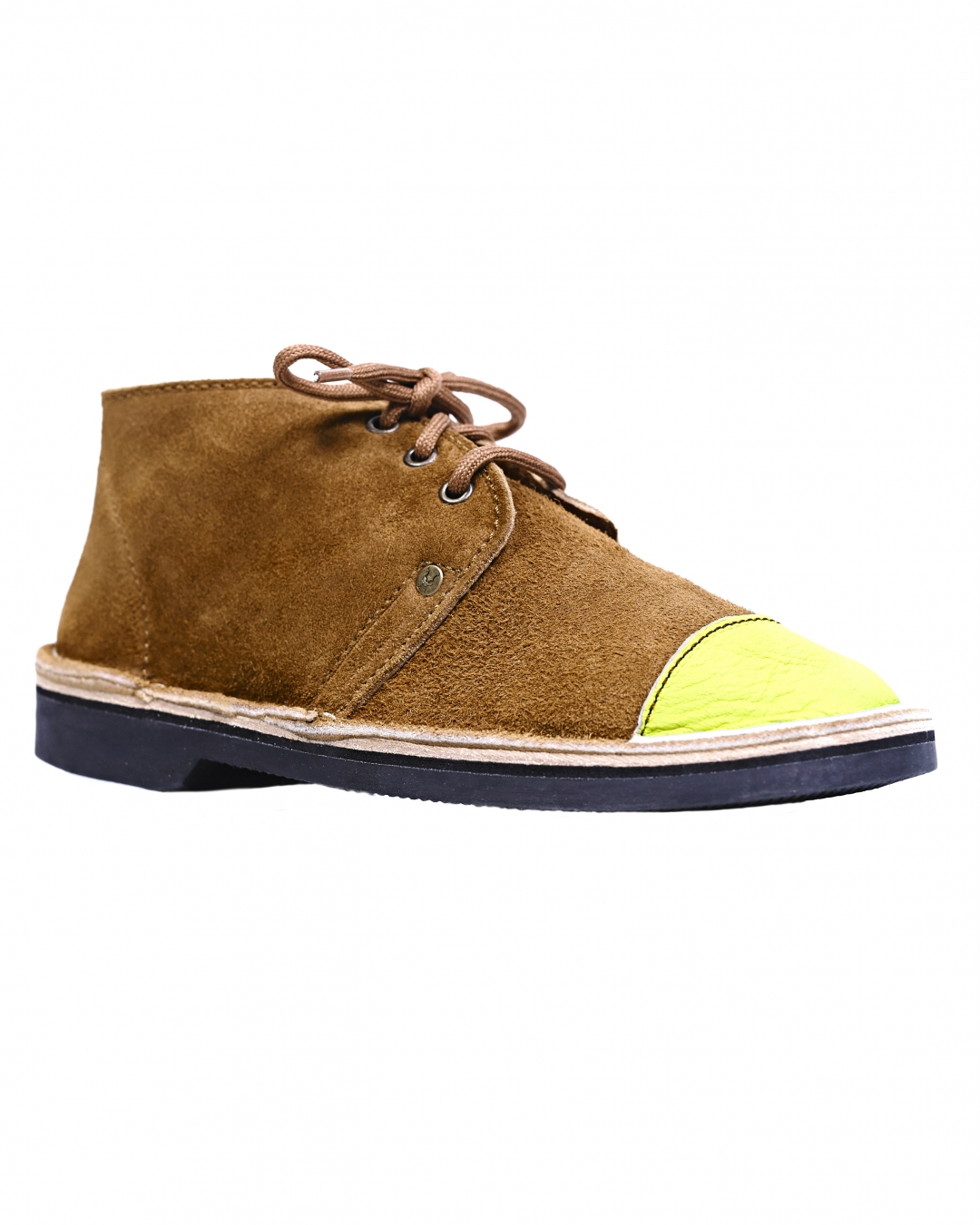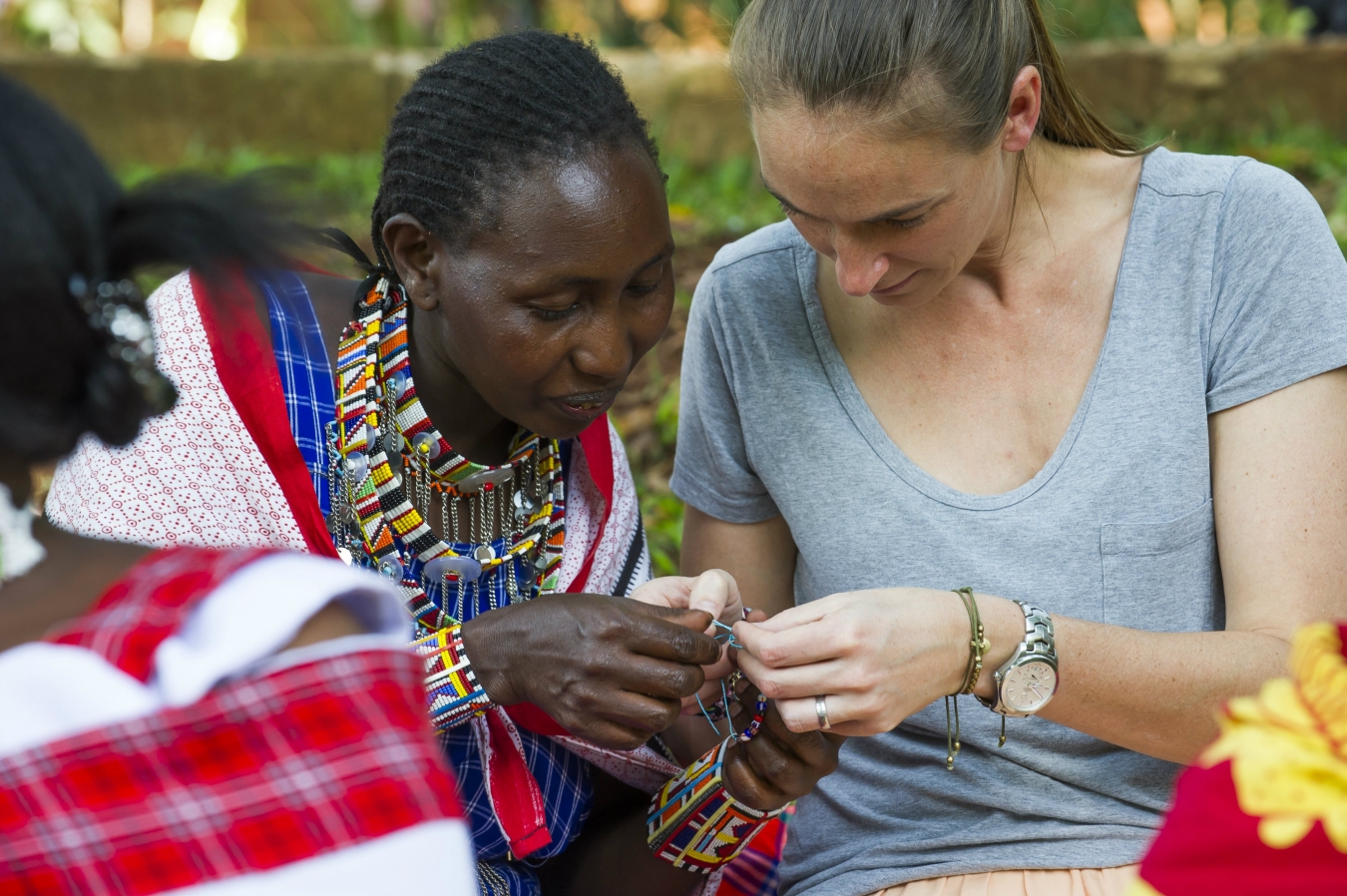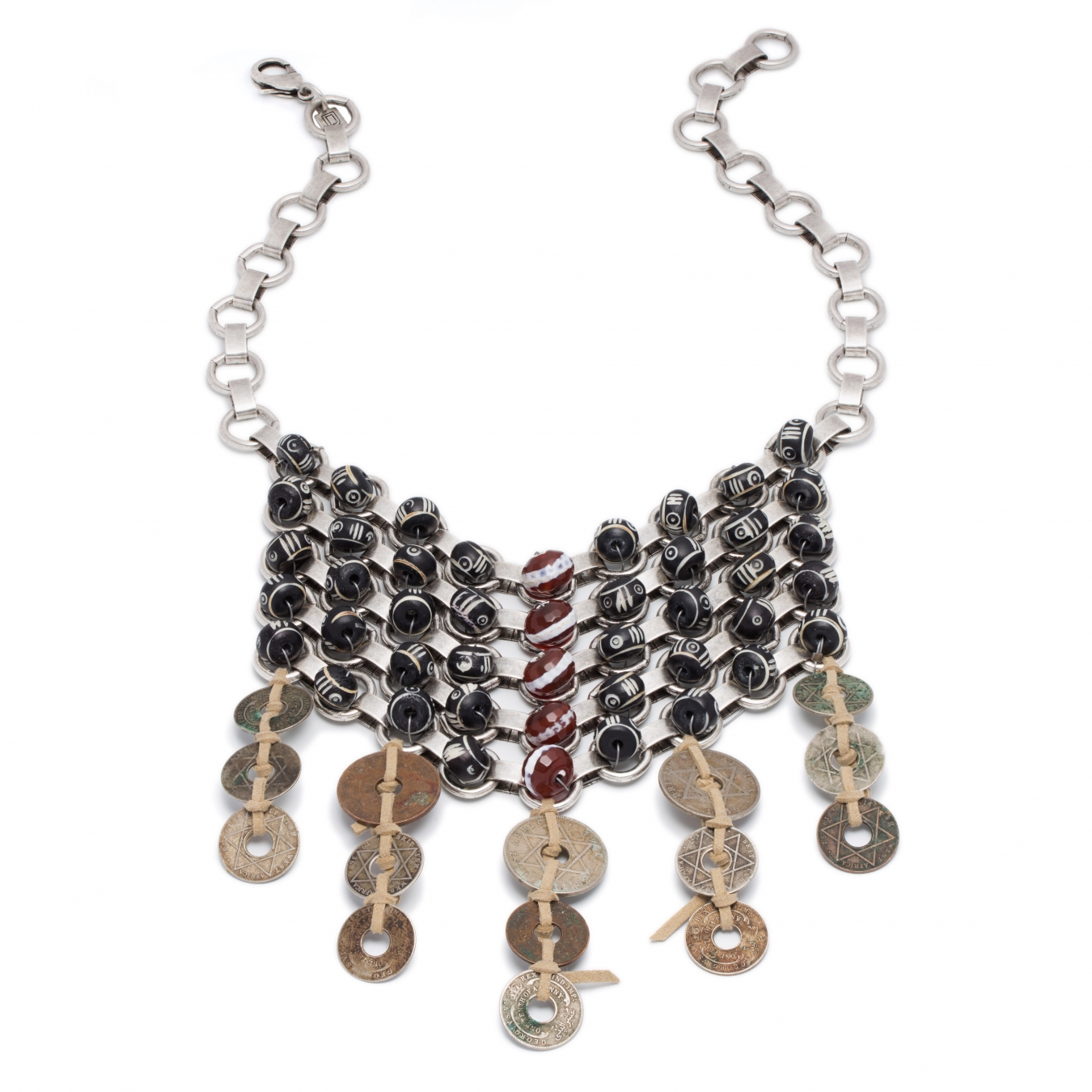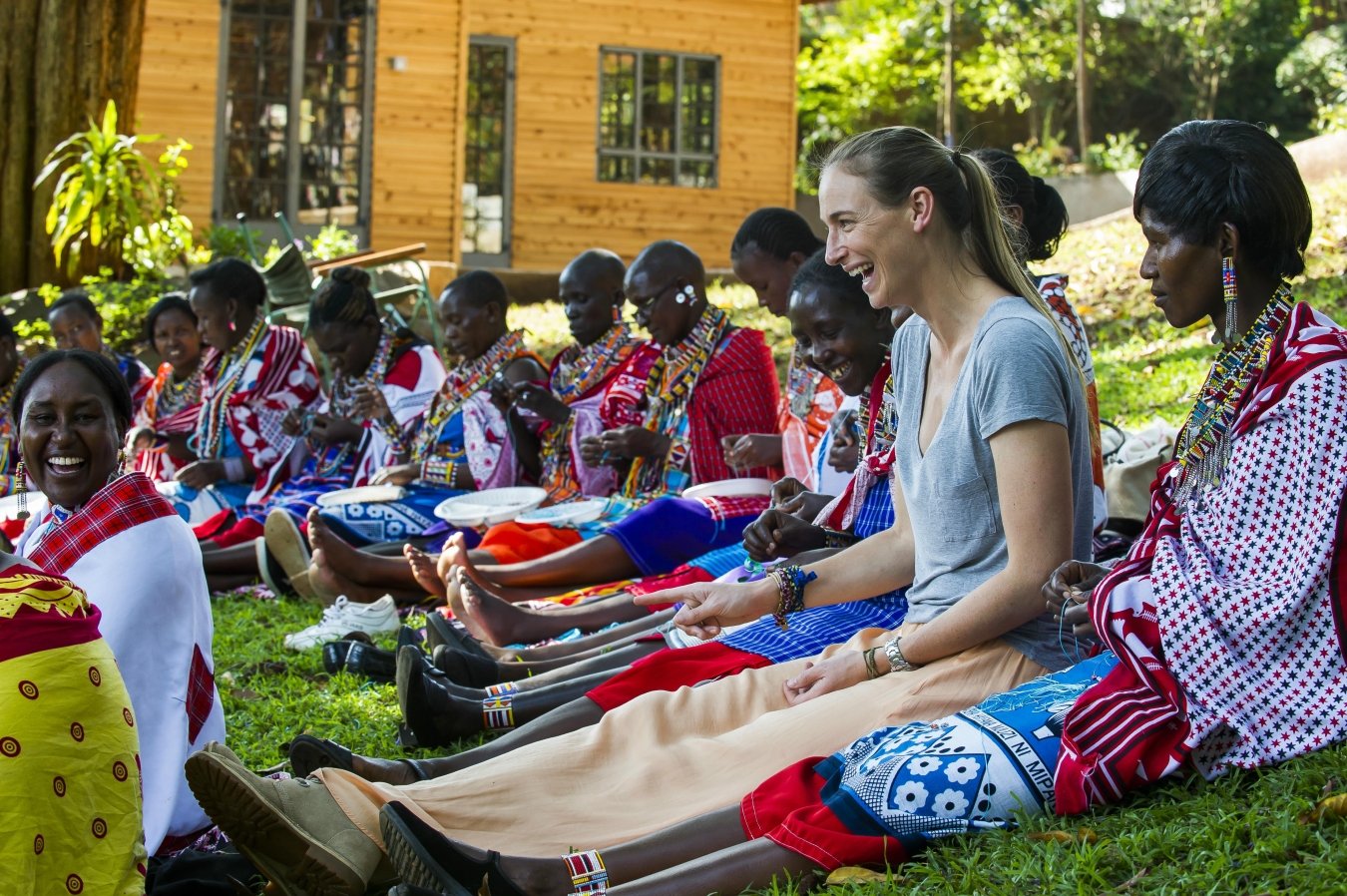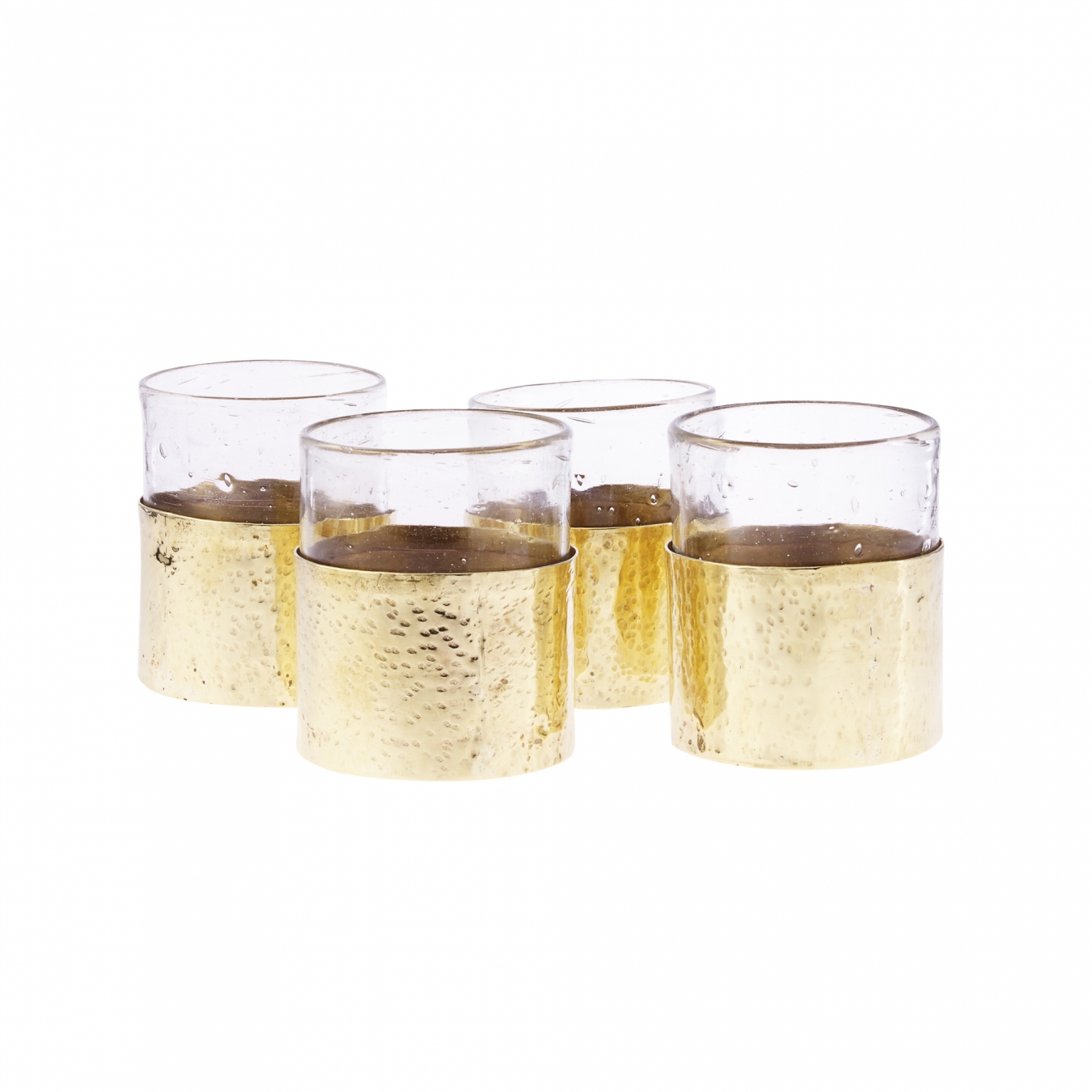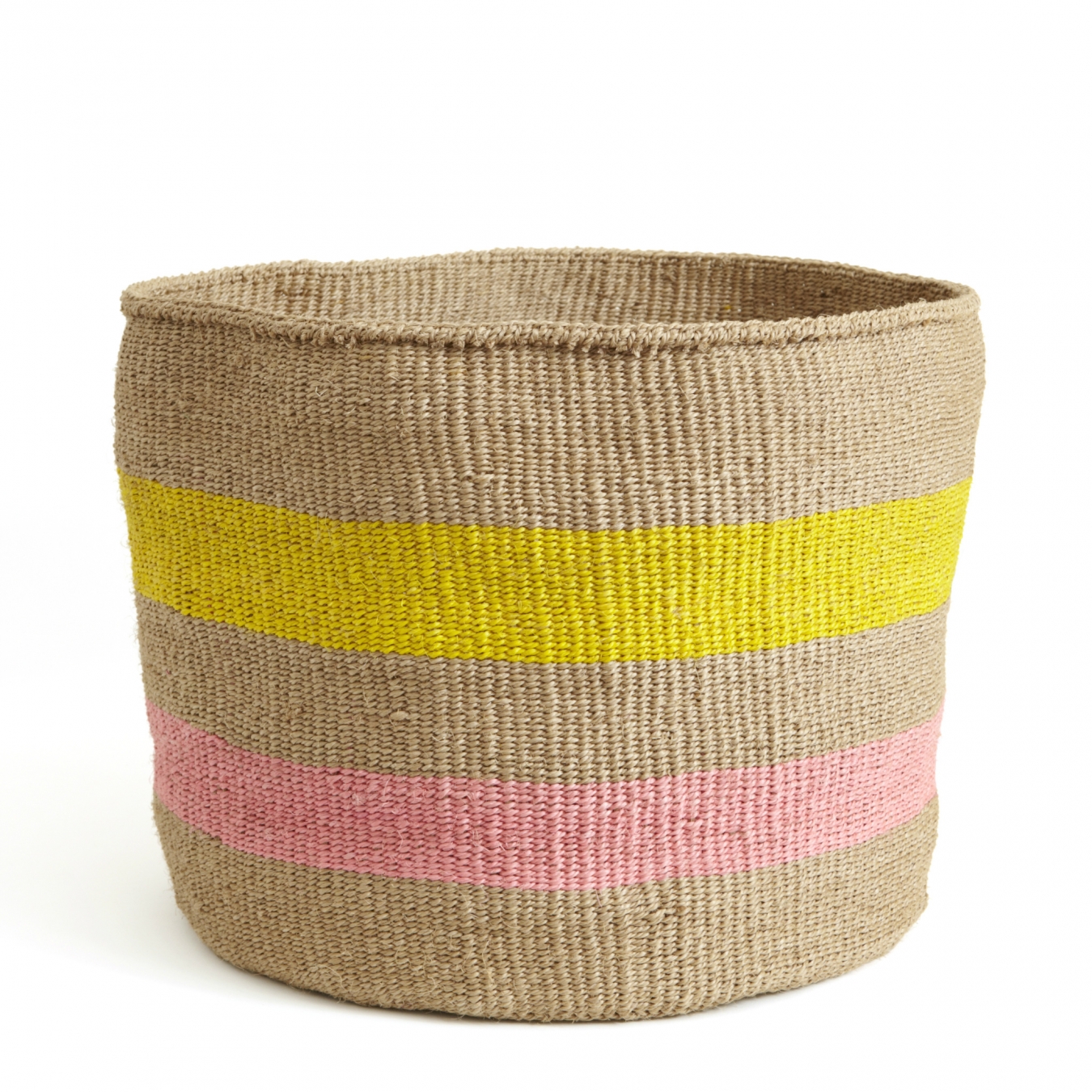It is story that elevates our possessions; history resonates with us. The desire to know the origins of our purchases continues to gain momentum among consumers, as we yearn to understand everything from the infant stages of production to knowing whose hands have stitched our clothes. This is the driving force behind Holt Renfrew’s shop-in-shop, H Project, and its Uncrate a Culture initiative. Through Uncrate, artisans in countries where craftsmanship is still very much a part of everyday lives are able to showcase their treasures in a Western market (through select Holt Renfrew locations across Canada). Alexandra Weston, Holt Renfrew’s director of brand strategy, ensures the impact is meaningful by travelling to the featured regions to meet the artisans firsthand. Last year for Uncrate India, she collaborated with Waris Ahluwalia, founder of House of Waris, and travelled to New Delhi, Udaipur, Jaipur, and Mandawa, bringing back handcrafted marble bowls, wool carpets, and Batik scarves. This year, Weston is uncrating an entire continent: Africa. Launched April 1, Weston’s latest haul includes home decor, footwear, and jewellery, among other items.
“We actually just called one of our artisan communities and said, ‘How fast can you bead us some more?’” says Weston. “It’s been really positive from a product standpoint, but also from a messaging standpoint. It seems to be really resonating.” The idea to pursue Africa came from Danielle and Jodie Snyder, founders of the ethical fashion line DanniJo, who contacted Weston hoping to get involved in the initiative. The brand is currently in partnership with Indego Africa, a non-profit women’s cooperative in Rwanda that provides support to female artisans as they grow as both artists and businesswomen. DanniJo is just one of 14 brands supporting Africa’s industry in partnership with Uncrate; Me to We employs more than one thousand full-time women in Kenya, and Mark Holden donates all net proceeds received from Lalibela scarf sales, handmade from traditional weaving techniques, to provide education for children in Ethiopia. Other brands like Feed are providing nutrition on a grand scale; for every Feed 2 Kenya Bag sold, two Kenyan children are provided meals for one year.
As they progress each year, Weston’s Uncrate projects are speaking a new universal language of style. “When you travel through Africa, most people would probably think of the multicolored beads—they’re everywhere—and it was really hard to not bring them back with us. But I really wanted to bring products back that people would look at and say, ‘Really? That was hand made in Nairobi?’” One example of this selective curation might be the brand Otago; “I love it because we sort of found it along the way,” Weston enthuses, “so it still has the romance of that traveller find. It’s a Kenyan brand, Kenyan made, and they’re really beautiful home wear pieces—glass-blown vases with beading, but with really subtle accents of the traditional craft.”
Weston hopes the Uncrate project will help redefine the perception of luxury. “The product isn’t luxury because of the price,” she explains. “To me that is the last thing that determines luxury. Luxury is in the story, the understanding of the materials being used, the people whose hands have touched it, [and] the process that the product has been through.”

